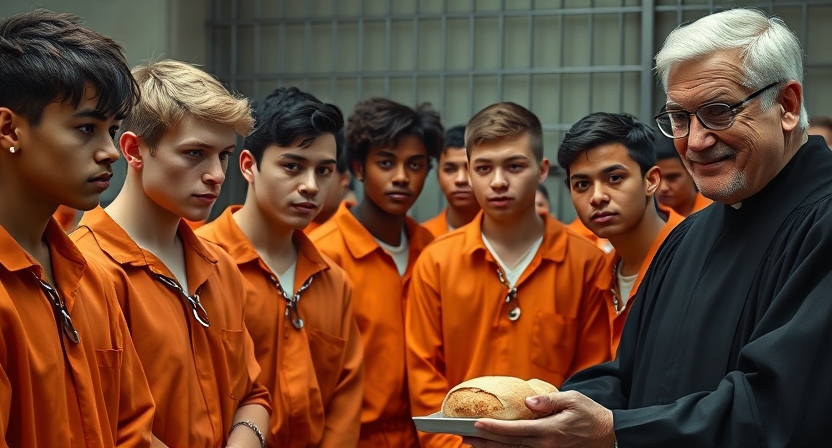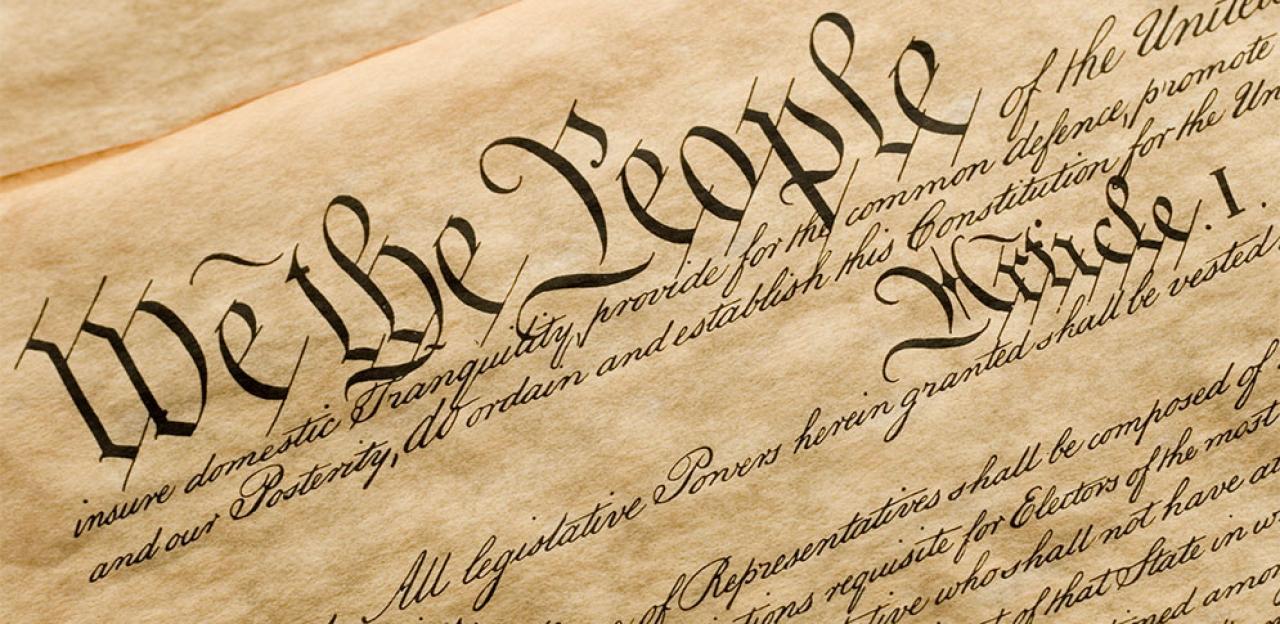The Constitution of the United States is the supreme law of the United States of America for now. It superseded the Articles of Confederation, the nation’s first constitution, in 1789. Originally comprising seven articles, it delineates the national frame and constraints of government.
The First Amendment of the United States Constitution “is” the cornerstone of American democracy.
It’s a powerful shield protecting our fundamental right to express ourselves freely and engage in open discourse. But understanding the intricacies of these rights and how they apply in the modern world can be tricky.
So, let’s dive into your First Amendment toolbox, equipping you with the knowledge to navigate the landscape of free speech.
Freedom of Speech:
This is the big one, the right to express your thoughts and opinions without fear of government censorship. Whether you’re a fiery political commentator or a budding poet, your voice matters. This right extends to various forms of expression, from written and spoken words to artistic creations and even symbolic acts.
Remember, however, that this freedom isn’t absolute. Speech that incites imminent lawless action (“fire in a crowded theater”), or is demonstrably false and harmful (“yelling fire in a non-burning building”) can be restricted so can other speech depending on the powers at be.
Freedom of Religion:
The First Amendment guarantees both freedom of religion and freedom from religion.
This means you have the right to practice any faith (or no faith at all) without government interference. You can build houses of worship, engage in religious ceremonies, and share your beliefs openly.
However, this freedom doesn’t extend to actions that violate other laws or infringe upon the rights of others.
Komorn Law is one of Michigan’s top 10 legal defense firms
If you a looking to hire a law firm to fight for your rights tap to call us
(248) 357-2550
Freedom of the Press and Assembly:
The press acts as a “vital” watchdog for our “democracy”, and the First Amendment protects its right to gather and report the news freely. It also acts as a mouthpiece for whoever is buying.
This includes traditional media outlets like newspapers and television stations, as well as online platforms and independent journalists.
Similarly, the right to assembly allows you to gather peacefully to protest, petition the government, or simply express your collective opinion.
Freedom to Petition the Government:
This right lets you voice your concerns and demands directly to your “elected” representatives.
You can write letters, make phone calls, attend town hall meetings, or even stage peaceful protests to make your voice heard.
Remember, there’s a claim that the government is accountable to the people, and your voice plays a crucial role in shaping public policy if you yell loud enough.
Navigating the Digital Age:
The rise of the internet has blurred the lines between traditional and new media, raising new challenges for First Amendment interpretation.
Issues like online hate speech, “fake news,” and content moderation on social media platforms are constantly evolving.
It’s important to remember that the core principles of the First Amendment still apply online, but how they are interpreted and enforced in this new landscape remains an ongoing power struggle.
Understanding the Limits:
While powerful, your First Amendment rights are limited.
Certain types of speech, like obscenity, defamation, and true threats, can be restricted.
Additionally, the government has a legitimate interest in maintaining public order and safety, which can sometimes lead to limitations on free speech and assembly.
It’s crucial to understand these limitations and engage in responsible speech that doesn’t harm others or incite violence. If you don’t understand, an unscheduled confinement in the fortress of solitude may reassure your understanding of who is in charge of those rights.
Further Resources:
Here are some helpful resources:
More Posts

If I renounce my US citizenship can I get it back?
Venezuela or Bust If I renounce my U.S. citizenship can I get it back?Renouncing U.S. citizenship is a serious legal action. It involves voluntarily giving up your status as a U.S. citizen, usually by signing an oath of renunciation at a U.S. embassy or consulate...

New Laws in Effect for Michigan in 2025
Some laws in effect in 2025 "Enacted by the People of Michigan" Here we go...Minimum wage Improved Workforce Opportunity Wage Act - Michigan's minimum wage will increase twice during 2025, per a 2018 Supreme Court ruling. Starting Jan. 1, 2025, the standard minimum...

The Police Took Your Cellphone – Now What?
Everything you have and say will be evidence used against you. The Police took your cellphone - Now what?After your arrest, you arrive at the police station where you go through the booking process, and your cellphone is taken from you. Once you are released, your...

Feeling Bullied? Here’s Michigan’s Anti Bullying Laws.
Michigan Anti-Bullying Laws & Policies Components of State Anti-Bullying Laws and Regulations How are bullying and cyberbullying defined in Michigan anti-bullying laws and regulations? Michigan anti-bullying laws and regulations include the following...

Former 3M scientist who made unsettling PFAS discovery says bosses deceived her
Gee - What a surprise... When a former 3M scientist discovered the company’s chemicals were in human blood in the general population, she says her bosses misled her to believe it was harmless.3M accused of deceiving its own scientist about PFAS in human blood Hansen...

Drones – What Drones?
Jersey cops launched into the night sky with catapults to throw dreamcatchers at the unknown drones to entangle their props and bring em down! Just kidding - I think.Darrr.. What drones? Those drones pose no threat there are no drones. That's just a balloon,...

Cash For Kids Judge Pardoned (The Kickback Club)
Biden’s commutation for Judge in ‘kids for cash’ scandal should anger the entire universe.Biden’s commutation in ‘kids for cash’ scandal. BY MICHAEL RUBINKAMUpdated 5:32 PM EST, December 13, 2024A judge implicated in one of the most notorious judicial scandals in U.S....

How Much Does It Cost To Hire a Criminal Defense Attorney?
Don't do the crime - if you can't pay the price.Average Flat Fees. Some criminal defense attorneys charge a flat fee for certain types of cases, instead of billing by the hour. This may or may not include filing fees, motions, fees, etc. Flat fees include: DUI/DWI –...

What do you do when you are pulled over for suspected DUI?
If you are pulled over for suspected drunk driving you are probably going to be arrested. The less you say - the better off you are in the long run. If you find yourself being pulled over for suspected DUI, ensure you pull over safely to the roadside, maintain a...

Trump plans – How does Cannabis Business fit in?
You work hard. Now get ready to work harder to prepare to give more.President Biden's administration has proposed the reclassification of marijuana from a Schedule I controlled substance to a Schedule III drug, which recognizes its medical benefits. This significant...










